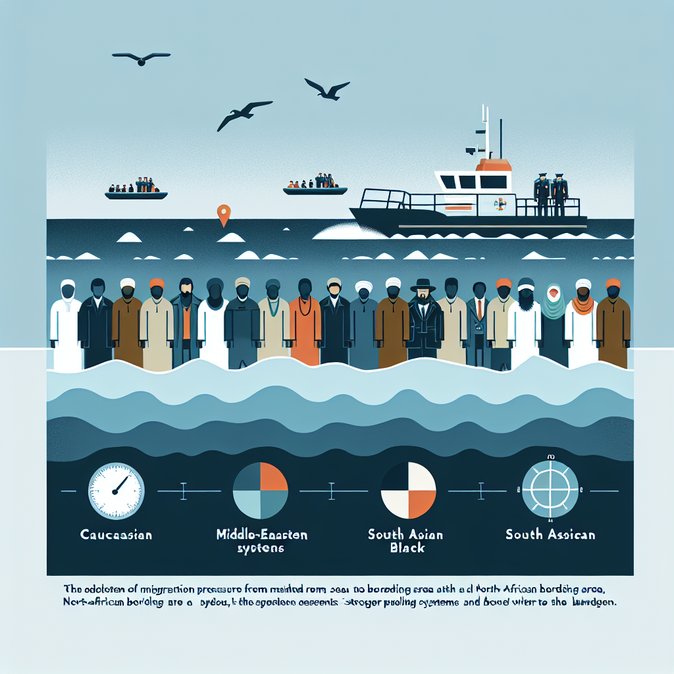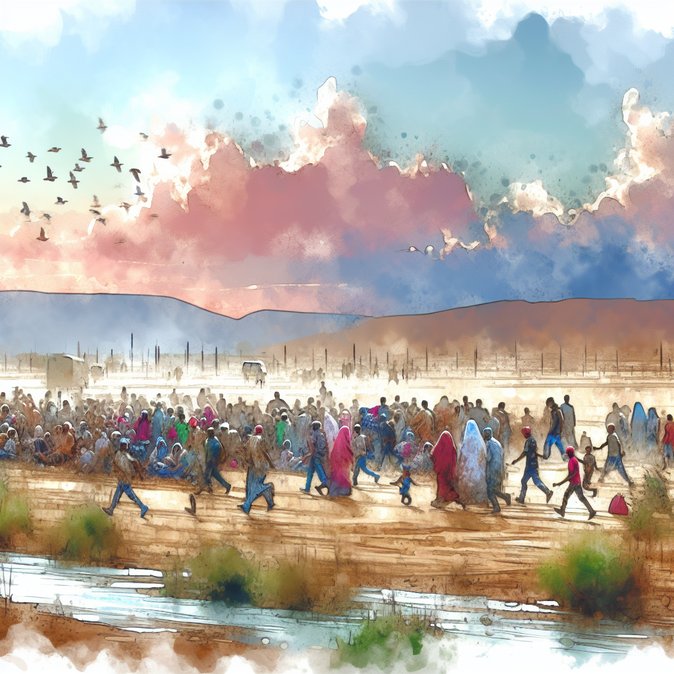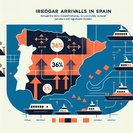
Fresh figures published on 4 November by Ceuta’s regional government show 2,994 people crossed the land border from Morocco into the Spanish enclave between January and October 2025 — a 33.8 % increase on the same period last year. More than one-third of the arrivals occurred in family groups claiming humanitarian protection, reversing a trend that had seen single male migrants dominate flows.
The uptick comes as maritime interceptions hit a historic low (just four cases this year), suggesting Morocco’s coastal patrols and Spain’s maritime rescue agreements are pushing movements inland. Border-police sources say many newcomers are sub-Saharan Africans previously living in Morocco on temporary work visas who now see the land fence as a safer route than sea crossings to the Canary Islands.
![Ceuta reports 33 % jump in land entries as irregular migration pressure shifts from sea to fence]()
For global-mobility teams relocating staff to Morocco or Gibraltar, the data underlines operational sensitivities around the Strait of Gibraltar: increased controls can mean longer border-crossing times for legitimate commuters, including cross-border workers employed by Spanish logistics companies.
Madrid’s Interior Ministry said it will deploy an extra 150 Guardia Civil agents and accelerate installation of the ‘smart fence’ sensors that replace razor wire with motion-detection technology. NGOs called for faster asylum processing and more reception capacity at Ceuta’s Temporary Stay Centre, which is already at 96 % occupancy.
The uptick comes as maritime interceptions hit a historic low (just four cases this year), suggesting Morocco’s coastal patrols and Spain’s maritime rescue agreements are pushing movements inland. Border-police sources say many newcomers are sub-Saharan Africans previously living in Morocco on temporary work visas who now see the land fence as a safer route than sea crossings to the Canary Islands.

For global-mobility teams relocating staff to Morocco or Gibraltar, the data underlines operational sensitivities around the Strait of Gibraltar: increased controls can mean longer border-crossing times for legitimate commuters, including cross-border workers employed by Spanish logistics companies.
Madrid’s Interior Ministry said it will deploy an extra 150 Guardia Civil agents and accelerate installation of the ‘smart fence’ sensors that replace razor wire with motion-detection technology. NGOs called for faster asylum processing and more reception capacity at Ceuta’s Temporary Stay Centre, which is already at 96 % occupancy.









